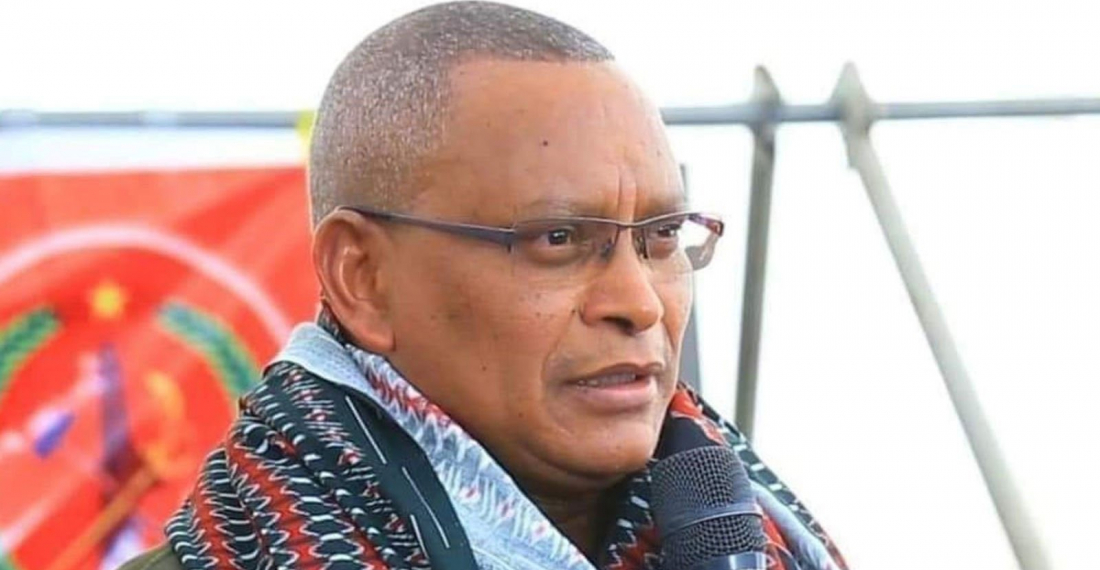The United States has expressed concern over reports of fighting in Ethiopia's northern province of Tigray. Addis Ababa has confirmed its readiness to respond to "rebel attacks" as Tigray fighters pushed back after 8 months of fighting in which the Ethiopian government declared its victory.
US Ambassador to the United Nations, Linda Thomas Greenfield, tweeted calling on all parties to the conflict to immediately agree to a negotiated ceasefire and political dialogue.
The Ethiopian prime minister, Abiy Ahmed, hinted that the Ethiopian forces will deter any attacks and defend the country while the Ethiopian army's chief co-ordinator for capacity-building work, General Pasha Debele, said that the army was ready to resume the offensive.
Over the past three weeks, the Tigray People's Liberation Front (TPLF) recaptured most of the territory after a sudden reverse shift in the eight-month war. Just before the recapture, the Ethiopian government had declared a ceasefire and pulled out government forces.
The head of the TPLF, Debretsion Gebremichael, stressed that even if the conflict with the Ethiopian government ends soon, confidence has been shattered and the future of Tigray in Ethiopia is now in doubt.
The comments by the leader of the TPLF came in an interview with the New York Times published earlier in July after the recapture of Mekelle, the capital of the Tigray region.







